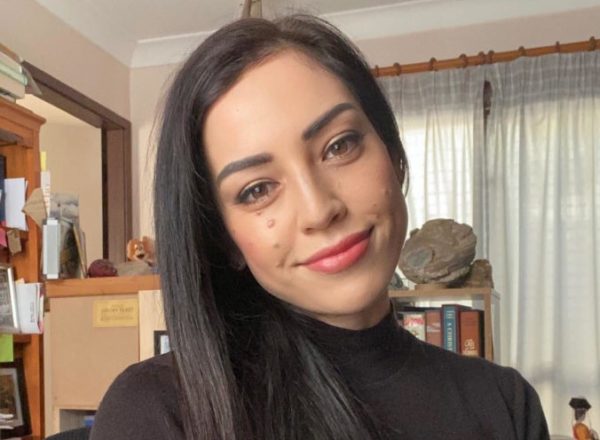
FWA: Will you tell us a little about how you came to write historical fiction? What influences sent you in that direction?
LC: I’ve always loved reading historical fiction, so it seemed a natural choice for me to want to write in that space. Some of my favourite authors (Hilary Mantel, Emma Donoghue, Geraldine Brooks) have written works which explore the past and how the choices people made reflected the political, social and moral attitudes of living in those times. I’m always drawn to what motivates people, to uncovering the reasons behind why people behave the way they do and I’m also interested in how cultural items like textiles illuminate human stories of love, courage and resilience.
FWA: You’ve published three historical novels now. Does the process of researching and writing get easier with experience?
LC: Research is one of my favourite parts of writing historical fiction. It’s such a pleasure to fall down research rabbit holes and uncover all sorts of interesting facts about the past. Unfortunately, when writing historical fiction, you don’t always know what you need to know until you’ve learned it which means you often end up with far more research than you need. The challenge is incorporating your precious research so that it doesn’t overwhelm the narrative and get in the way of the story. Hopefully I’ve learned to do that better with each book I’ve written (the trick is to draft and redraft until you’ve cut out all the unnecessary clutter).
FWA: Which historical fiction authors, Australian and/or international, do you find inspiring to read? What is special about the most inspiring work?
LC: Something I like to do if I get stuck writing a scene is to pick a book off my favourites shelf and read the first chapter. I always find myself coming back to historical fiction written by authors like Rose Tremain, Hilary Mantel, Tracy Chevalier and Geraldine Brooks, finding inspiration in the way they blend fact and fiction as well as myth and folklore.
FWA: What is the key thing you hope budding historical fiction writers will takeaway from their participation in Writing Historical Fiction?
LC: I hope that writers who take the course feel inspired and supported to work on their projects. We have a lot of ground to cover in five weeks but there’ll be plenty of opportunities along the way to discuss our favourite works and what they can teach us. So much of writing is about reading carefully and understanding why something works or why it doesn’t. Learning those skills is an essential part of writing fiction. I can’t wait to get started!
Writing Historical Fiction
with Lauren Chater
ONLINE
Tuesdays, 6.30 – 8.30 pm
8 August – 31 October 2023